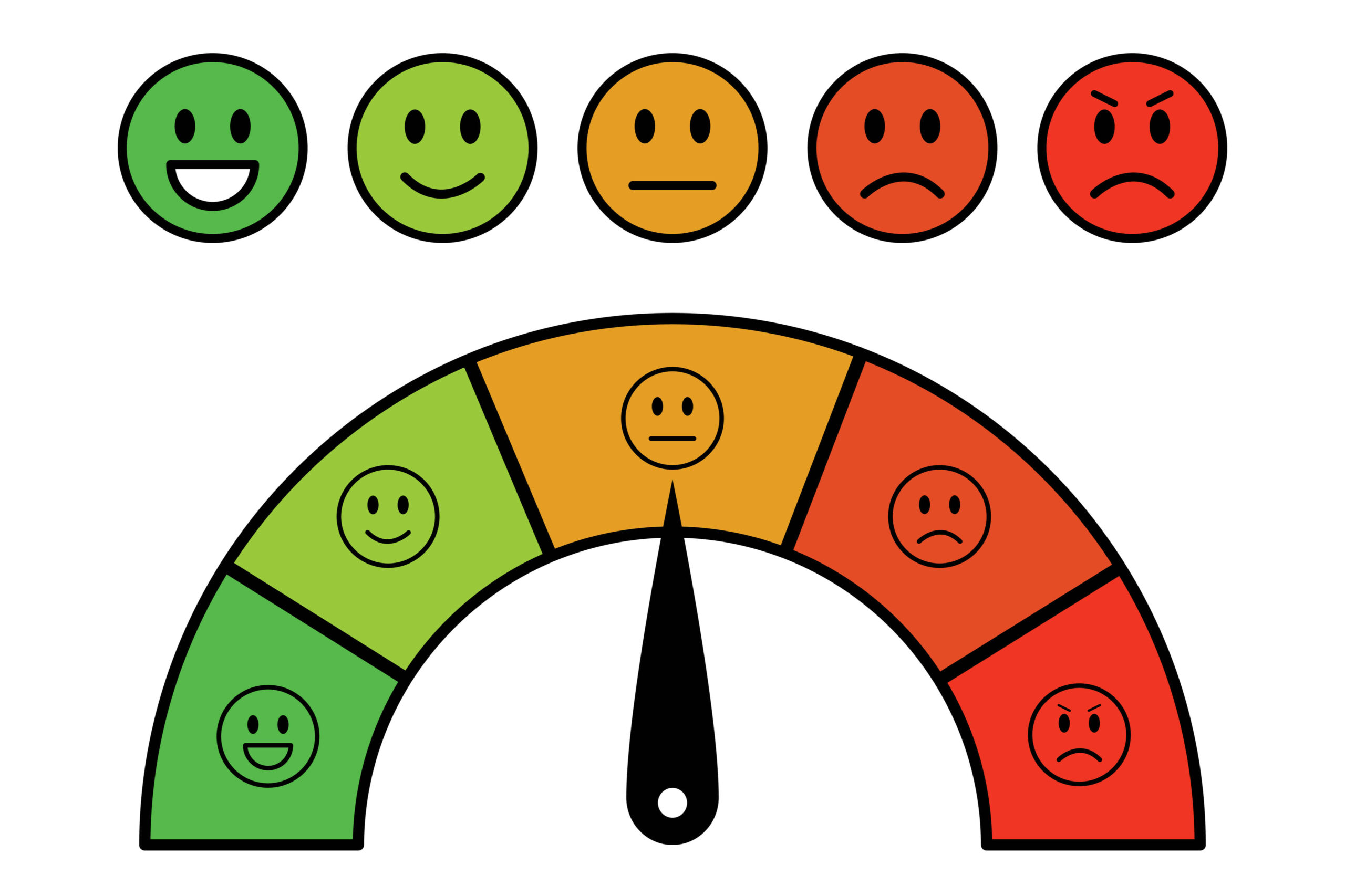The role of emotion in eating behavior and decisions

This paper by Ha & Lim (2023) explores the latest insights and future directions regarding how emotions influence eating behavior. It examines how individuals differ in their responses to negative emotions, with some displaying emotional eating patterns characterized by impulsive choices and increased sensitivity to highly palatable foods, particularly when facing stress or social isolation. Emotional eating is viewed as a maladaptive coping mechanism in these situations. The paper also contrasts hedonic eating, driven by the brain’s reward pathways, with self-controlled, health-oriented eating regulated by the brain’s control systems. Future research areas include the formation of early eating behaviors in infancy, the shared roles of the ventromedial and dorsolateral prefrontal cortices in managing emotions and eating decisions, the influence of interoception (awareness of hunger and fullness), the gut microbiome, the insula and orbitofrontal cortex, and emotional processing’s role in hedonic eating and weight gain. [NPID: Emotion, negative emotions, emotional eating, hedonic eating, eating behavior, reward values, eating decisions]
Year: 2023
 Navigation
Navigation








